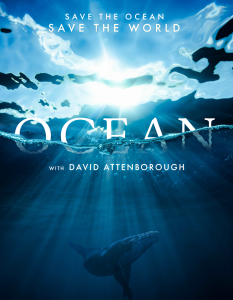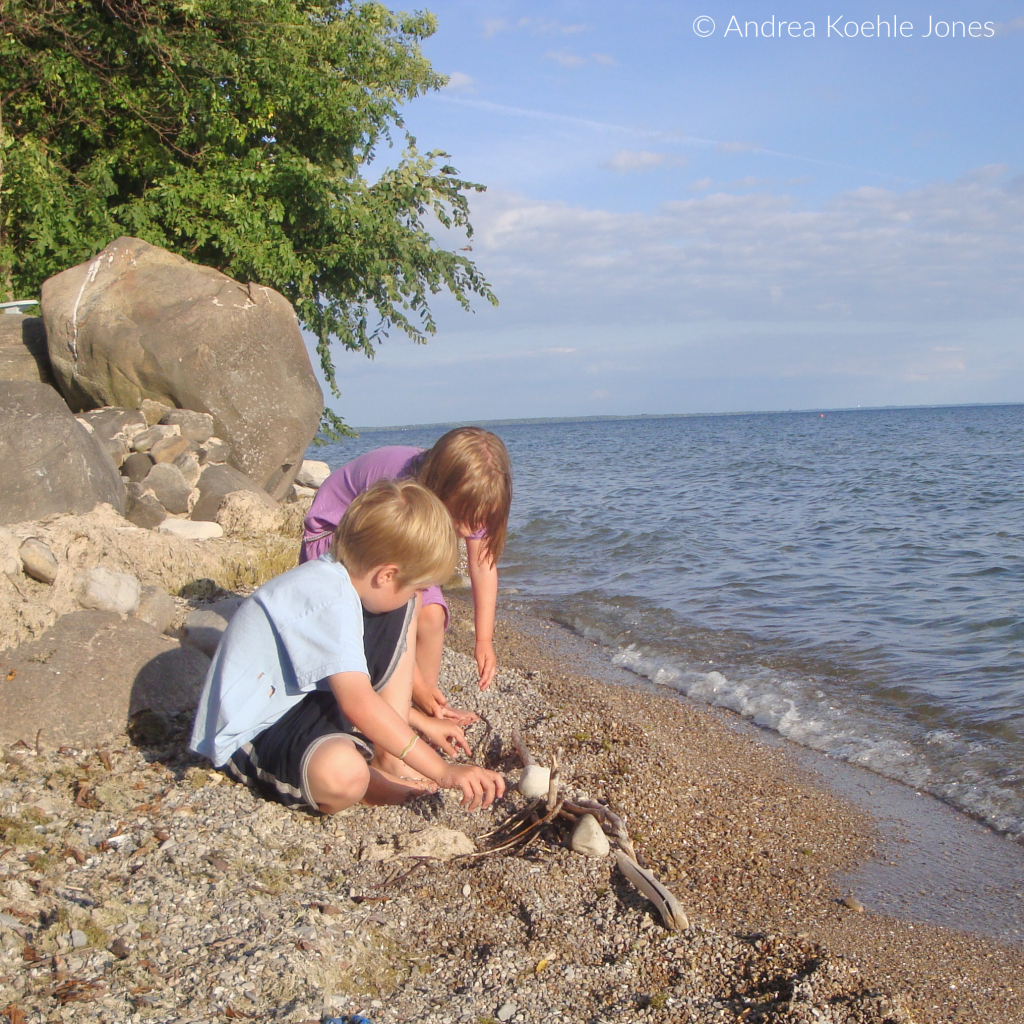Rising Tide of Support for Marine Conservation: UN Ocean Summit Ends with Deeper Call for Ocean Action
Nice (France) — The UN Ocean Conference (UNOC) has just concluded in France, generating a rising tide of momentum—but also revealing the need for deeper action ahead. Ninety-five governments endorsed a strong declaration backing a global plastics treaty, and significant strides were made toward ratifying the High Seas Treaty.
Once ratified, the Treaty will become the only legal instrument capable of establishing marine protected areas in international waters—an essential step toward safeguarding 30% of the world’s oceans by 2030.
This week’s surge of new ratifications marks a major milestone for ocean protection. At the conference in Nice, 19 countries formally ratified the High Seas Treaty, bringing the total to 50. Only 10 more ratifications are needed for the treaty to enter into force—unlocking new possibilities to protect biodiversity in the high seas and advance global marine conservation efforts.
Despite progress on marine conservation, the summit made no mention of the root cause pushing our oceans to the brink: relentless pollution from unabated fossil fuel emissions.
“If we destroy our oceans, we steal our children’s future. Protecting marine ecosystems isn’t a choice—it’s a promise we must keep to every child who deserves to inherit a living, breathing planet,” said Andrea Koehle Jones, Founder of The ChariTree Foundation, Canada’s national children’s environmental education charity, based on a small island off the coast of Vancouver.
Negotiations on a Global Plastics Treaty resume in August and the ocean is still calling for help. If you need a powerful reminder of what’s at stake, watch Ocean—a breathtaking documentary created for National Geographic and for the world, narrated by nature’s voice himself, Sir David Attenborough, who continues to inspire life-saving action at 99.
Attenborough’s work has shaped not only global understanding of the planet, but also my own family’s connection to nature. I watched The Blue Planet with my children when they were very young—though it premiered before they were born, it quickly became a family favorite. His voice calmed us, and his message moved us. That early spark helped lead me to found a charity that connects children across Canada and the global south with nature and environmental education.
Today, that legacy continues. My son, now a university biology student, is living in tents in remote parts of Kenya, studying field biology and biodiversity. His journey, like so many others, was sparked by the stories Attenborough told—stories that remind us of the fragile beauty of our blue planet.
Thank you, Sir David Attenborough, your extraordinary filmmaking teams, and the true star of every production: nature itself.
Because when we save the ocean and all marine ecosystems, we are truly saving the world.


